Djibouti, a small but culturally rich country in the Horn of Africa, is deeply influenced by Islamic traditions and African customs. Religion plays a central role in the daily lives, laws, and social norms of Djiboutians. While Islam is the dominant religion, the country is known for its religious tolerance and peaceful coexistence among different faiths. Djibouti is predominantly Muslim, with Islam shaping daily life and customs. Visitors should respect local traditions. A Djibouti eVisa is required for entry and can be easily obtained online.
Djibouti is a predominantly Muslim country, with Islam being the state religion. The religious landscape is characterized by the following demographics:
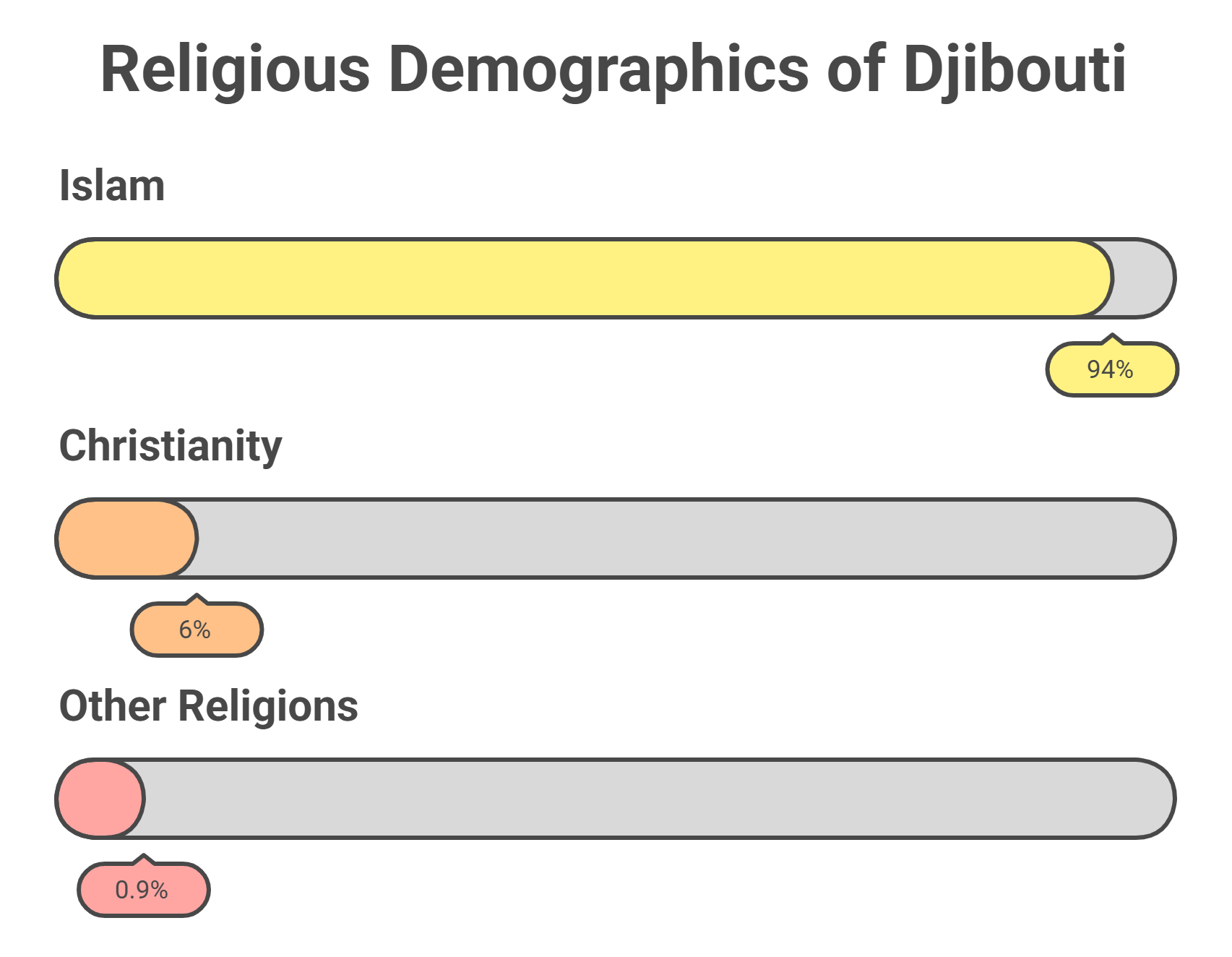
Islam is the cornerstone of Djiboutian society, influencing various aspects of life, including law, education, and social interactions. The majority of Muslims in Djibouti follow the Sunni branch of Islam, with the Shafi'i school of jurisprudence being the most prevalent.
Djibouti’s Constitution guarantees freedom of religion, allowing non-Muslims to practice their faith. A small Christian minority (mostly expatriates) exists, and Christian churches operate freely. Proselytizing Muslims is restricted, but non-Muslims can worship privately.
Tip: As a visitor, it is important to respect Islamic traditions, even if you follow a different religion.
Religion plays a significant role in daily life in Djibouti, shaping social norms, work schedules, and community interactions. The majority of the population follows Islam, and religious customs are deeply respected. Here are some key daily religious practices:
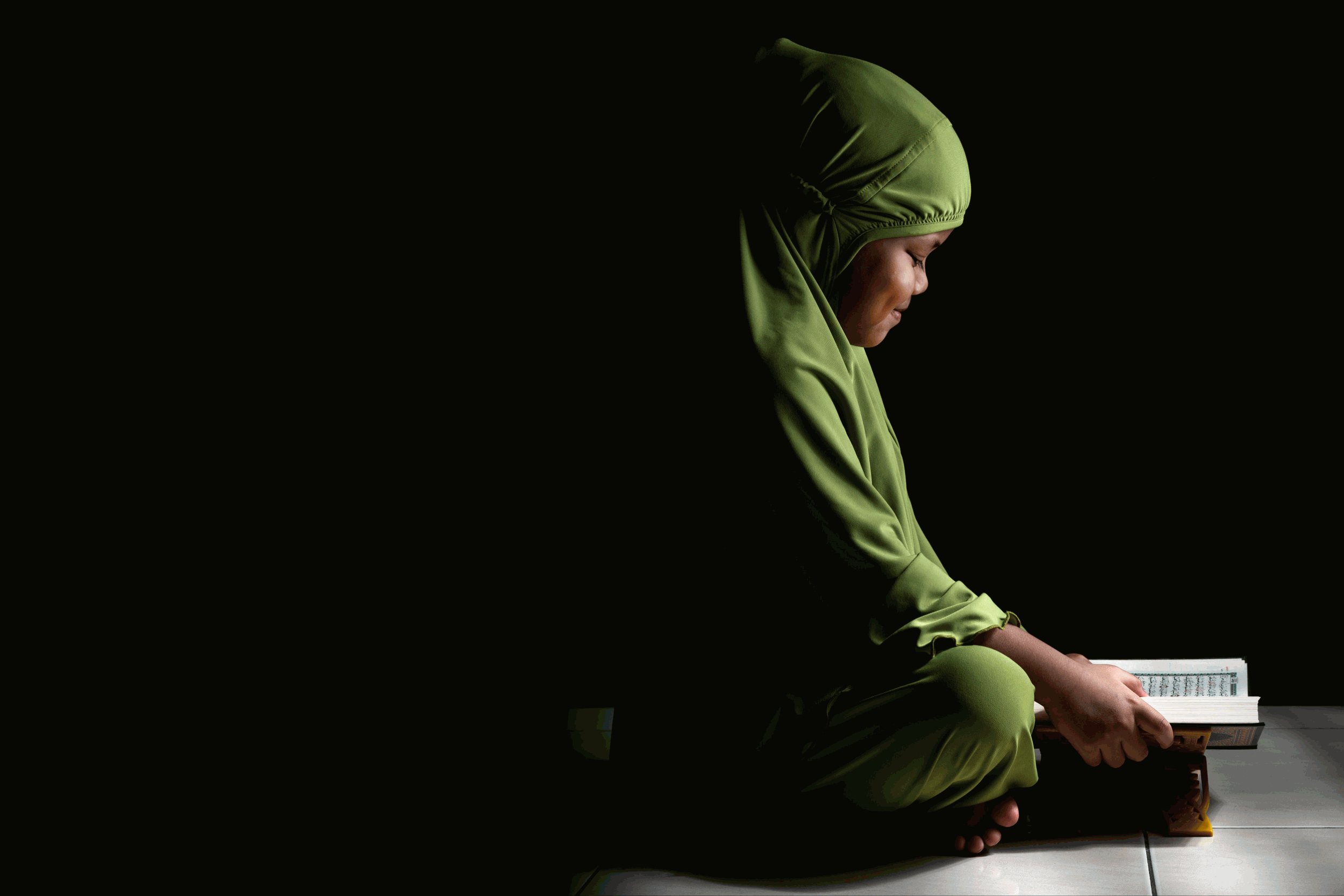
Muslims pray five times a day, and the Adhan (call to prayer) can be heard from mosques throughout the country. The most important prayer is Friday’s Jumu'ah (congregational prayer), where men gather at mosques. Businesses may pause operations during prayer times, especially on Fridays.
Tip: If you are in a public area during prayer time, avoid making noise or disrupting worshippers.
💡 Tip: If you visit Djibouti during Ramadan, be prepared for adjusted schedules and festive celebrations.
Djiboutian men and women dress modestly, with many women wearing headscarves (hijabs), though full coverings are not mandatory. Foreigners are not required to follow Islamic dress codes but should dress respectfully, covering shoulders and knees in public.
Djibouti celebrates several Islamic holidays, which are national public holidays:
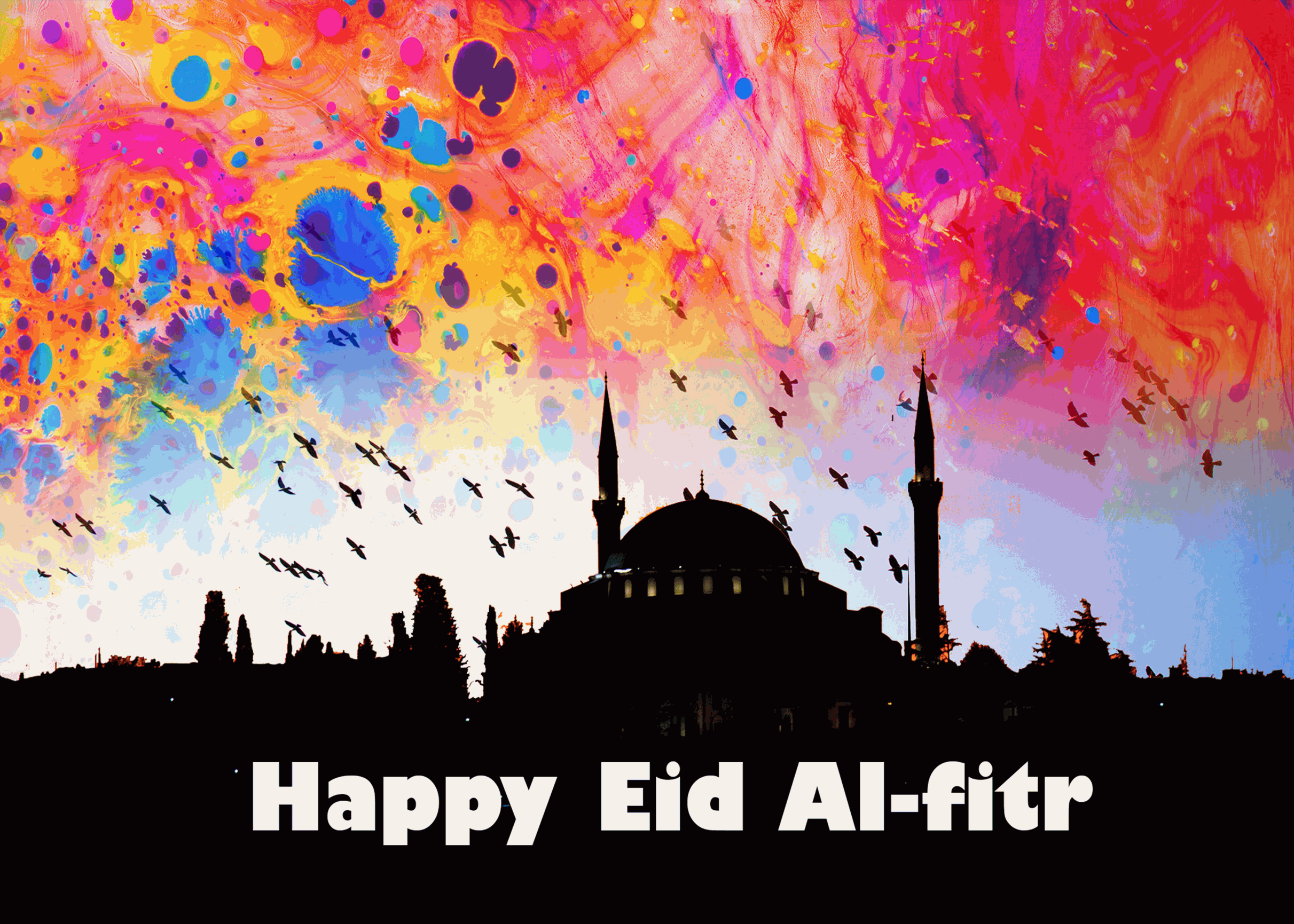
Eid al-Fitr, also known as the Festival of Breaking the Fast, is one of the most important religious celebrations in Djibouti, marking the end of the holy month of Ramadan. The day begins with a special prayer at mosques, where worshippers gather in large numbers, dressed in new or their best clothing as a symbol of renewal and gratitude. Families come together to share festive meals, often featuring traditional dishes and sweets, creating a joyful and communal atmosphere. Acts of charity are also a key part of the celebration, as people give Zakat al-Fitr (charitable donations) to support those in need, ensuring that everyone can partake in the festivities. The streets are filled with a sense of joy, with children receiving gifts and sweets while families visit relatives and friends. Throughout the day, social gatherings, cultural performances, and community events strengthen bonds among neighbors and loved ones, making Eid al-Fitr a time of unity, generosity, and celebration across Djibouti.
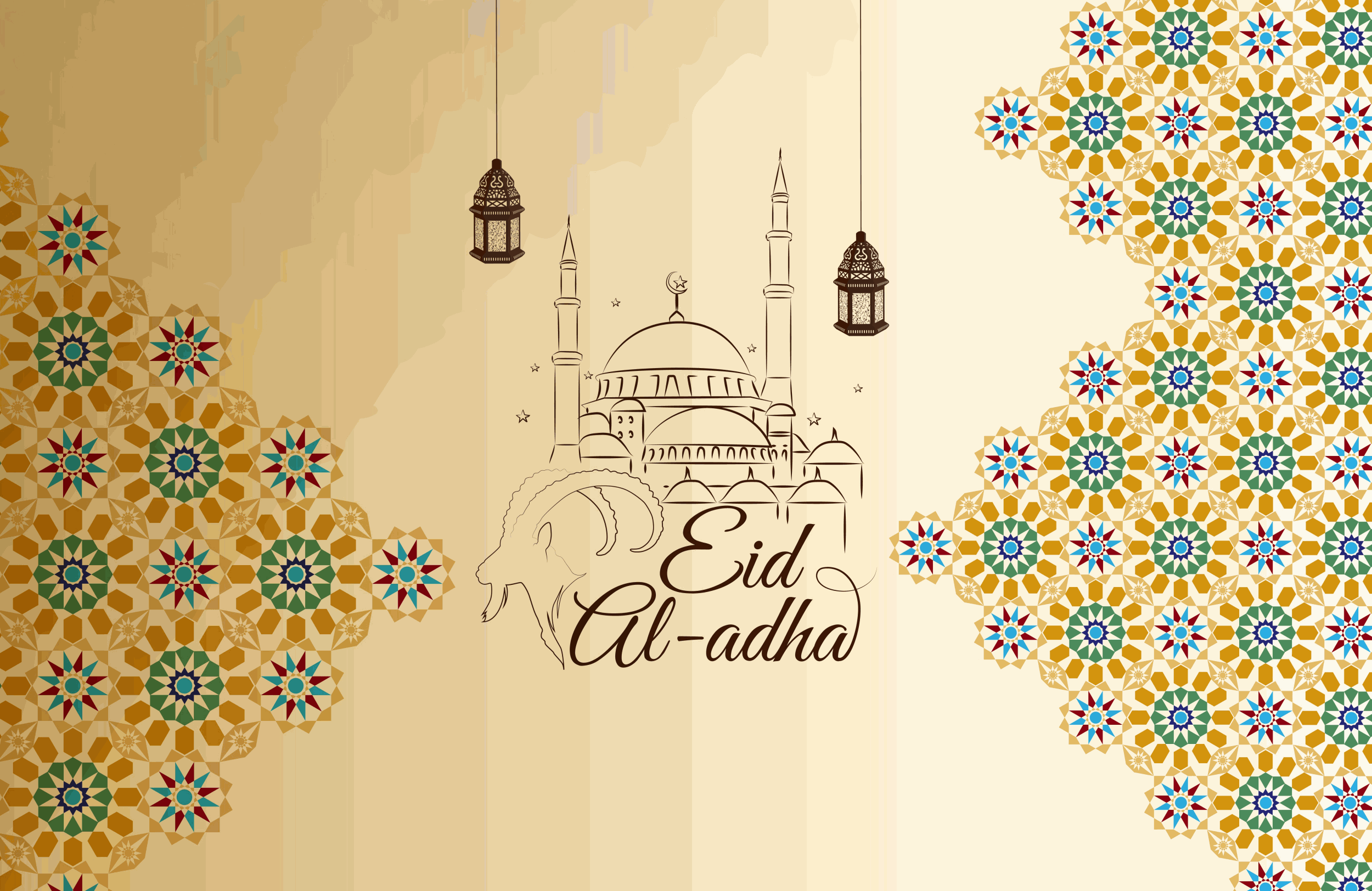
Eid al-Adha is a major Islamic festival in Djibouti, honoring Prophet Ibrahim’s willingness to sacrifice his son. The day begins with special prayers at mosques and open grounds. Families sacrifice a sheep, goat, or cow, sharing the meat with relatives and the poor. The festival emphasizes charity, unity, and gratitude. People dress in their best clothes, visit loved ones, and enjoy festive meals. Acts of generosity and community gatherings make it a meaningful celebration. The holiday strengthens social bonds and religious devotion.
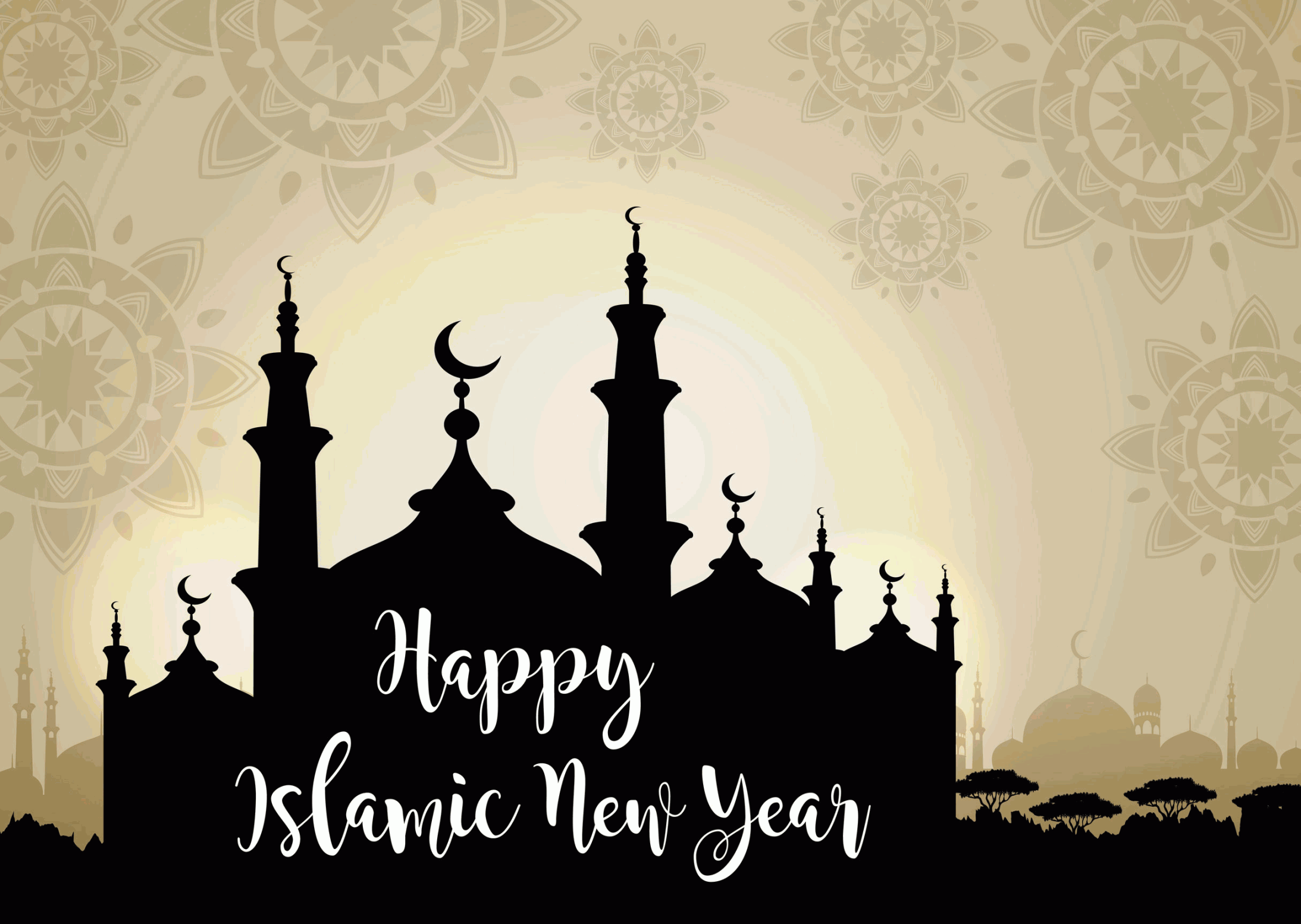
Islamic New Year (Hijri New Year) marks the start of the Islamic calendar and is observed with prayers, reflection, and community discussions. It is a time for spiritual renewal and remembering Islamic history. Religious scholars often give sermons about the significance of the new year. Families gather to discuss personal and spiritual goals for the coming year. Some people engage in acts of charity and kindness, emphasizing the values of Islam. Unlike other Islamic celebrations, this event is more solemn and does not involve major feasting or festivities.
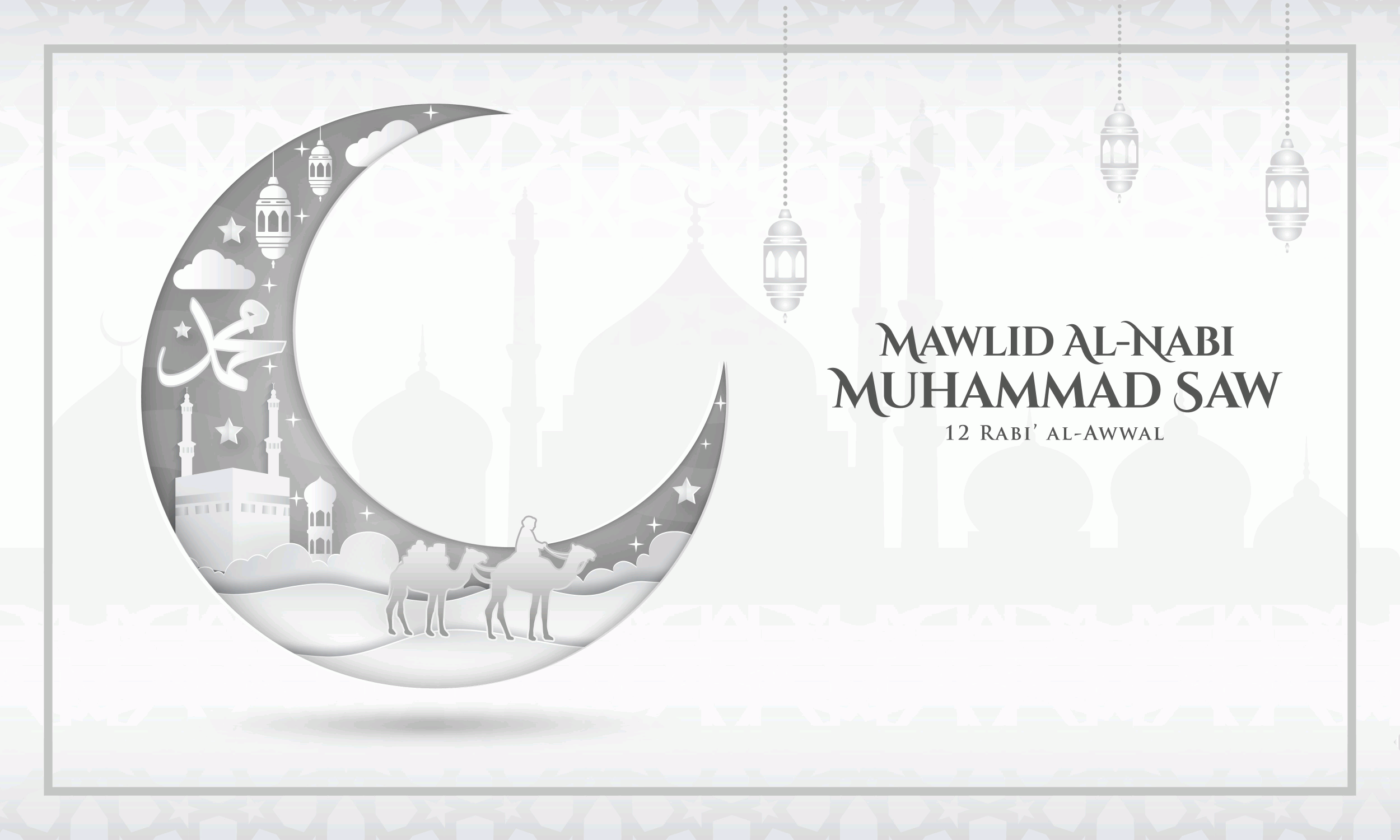
Mawlid (Prophet Muhammad’s Birthday) is celebrated with prayers, religious storytelling, and poetry. Many Djiboutians gather in mosques and homes to recite religious texts and honor the Prophet’s life and teachings. Special gatherings include singing religious songs (nasheeds) and recounting stories of the Prophet’s kindness and wisdom. Some families prepare and share traditional sweets as part of the celebration. Community leaders often use the occasion to promote unity and moral values. While it is widely celebrated, some conservative groups prefer a more private and reflective observance.
💡 Tip: During religious holidays, expect business closures, festive events, and cultural gatherings.
Djibouti has a predominantly Muslim population, and religious customs play an important role in daily life. Visitors are expected to respect local traditions, especially in religious settings. Understanding basic etiquette helps foster positive interactions and demonstrates cultural sensitivity.
Tip: Using basic Islamic greetings when meeting locals is a sign of respect and friendliness.
Tip: If doing business in Djibouti, be mindful of prayer times and religious holidays when scheduling meetings.
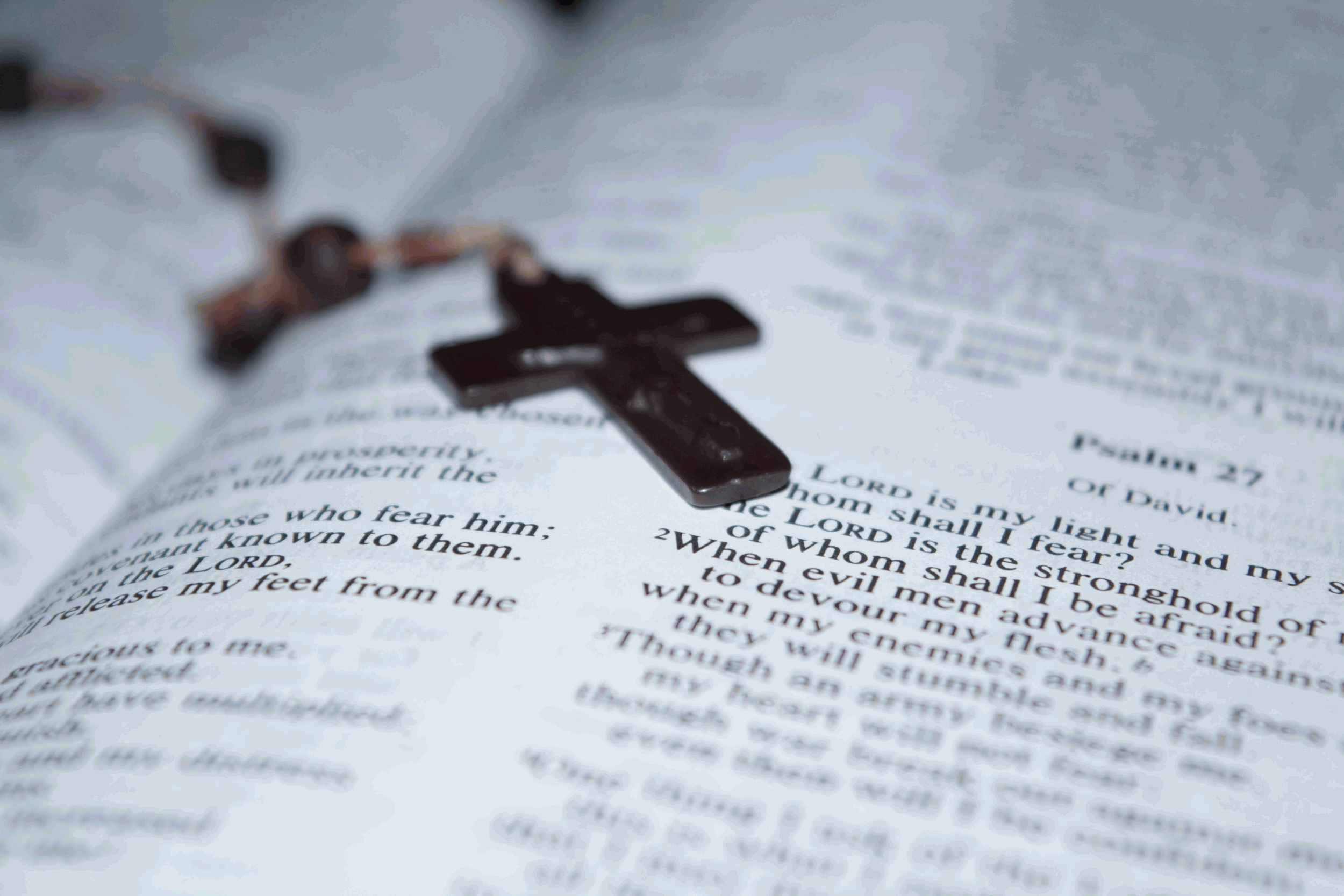
While Islam is the dominant religion, Christianity also has a presence in Djibouti, primarily among the expatriate community and a small number of indigenous Djiboutians. The Christian population is predominantly Roman Catholic, with smaller Protestant denominations.
Christian worship services are held in churches, with Sunday being the primary day of communal worship. Services include prayers, hymns, scripture readings, and sermons. The Catholic Church in Djibouti is part of the Diocese of Djibouti, which oversees religious activities and community outreach.
Christians in Djibouti celebrate major religious holidays such as Christmas and Easter. These celebrations often include special church services, family gatherings, and festive meals. Christmas is marked by midnight Mass, nativity scenes, and the exchange of gifts. Easter celebrations include Good Friday services, Easter Vigil, and Easter Sunday Mass.
Christian communities in Djibouti are involved in various social and charitable activities, including education, healthcare, and support for the less fortunate. Interfaith dialogue and cooperation are encouraged, promoting harmony and mutual respect among different religious groups.
In addition to Islam and Christianity, some Djiboutians, particularly among the Afar and Somali ethnic groups, maintain traditional beliefs and practices. These customs often coexist with mainstream religious practices and reflect the cultural heritage of the communities.
The Key Elements of Djibouti Traditional beliefs and customs include
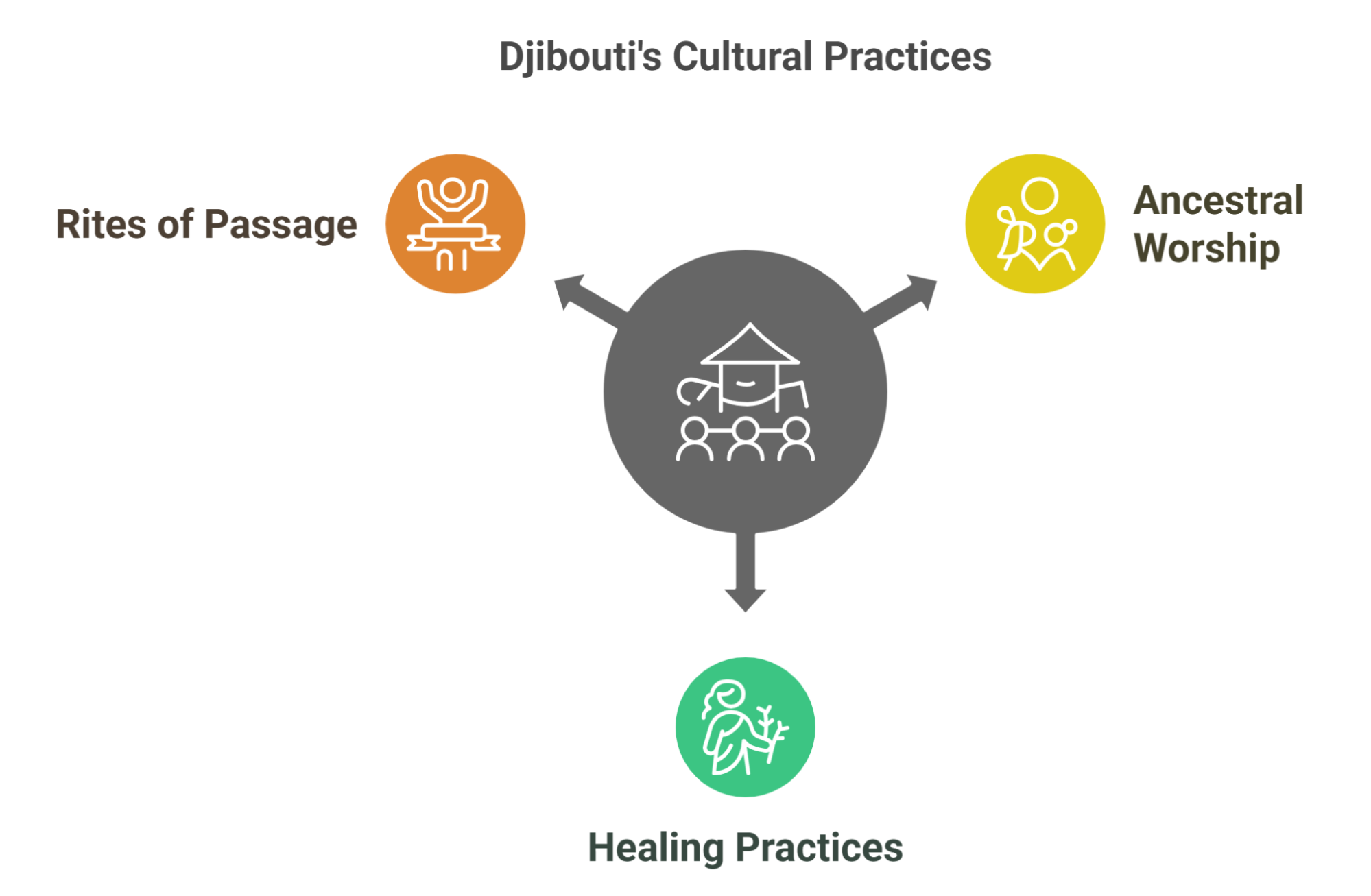
Djibouti is known for its religious tolerance and peaceful coexistence among different faiths. The government promotes interfaith harmony and supports initiatives that foster mutual respect and understanding.
Key Initiatives:
Djibouti’s religious customs are deeply rooted in Islamic traditions, shaping the country’s laws, social interactions, and daily life. While the country is religiously tolerant, Islamic values influence dress codes, business hours, and public behavior. For visitors, respecting local customs, dressing modestly, and being mindful of prayer times and religious holidays will ensure a positive experience.
Content Disclaimer: While this information was last updated in January 2026, we strongly suggest confirming all travel details with the appropriate governmental agencies, embassies, and airlines.
Step1: Complete the online application form with your personal details and passport information.
Step2: Proceed to securely pay online using your credit card.
Step3: Check your email for payment confirmation and receipt of your Djibouti eVisa, which will be sent electronically.